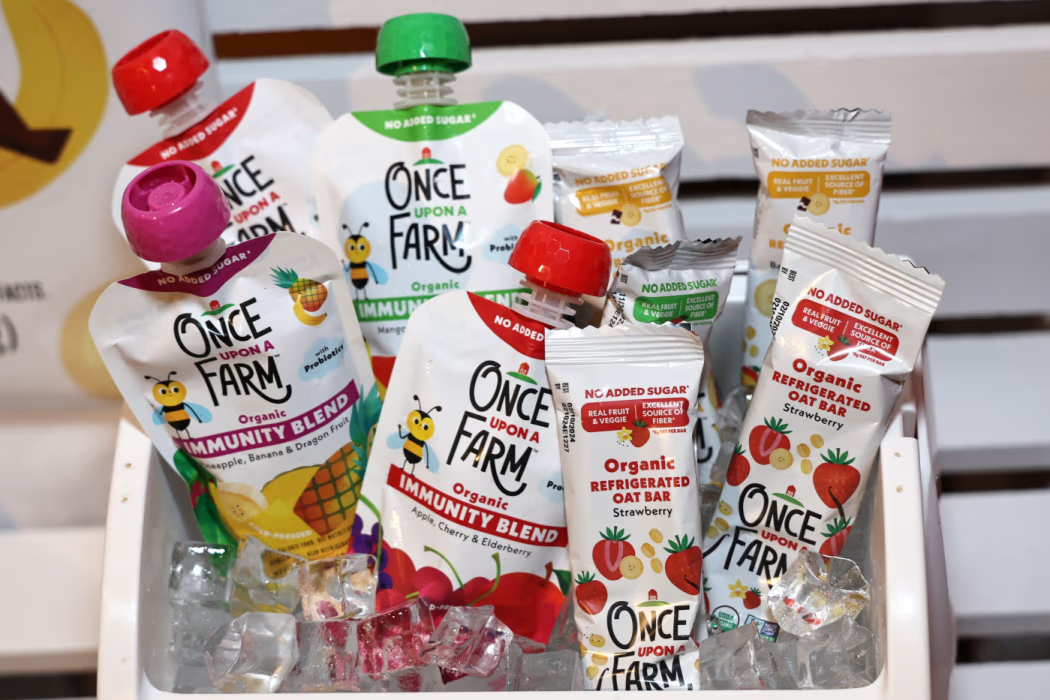Colorectal cancer has become a growing concern for younger generations, with recent data showing a significant increase in cases among Millennials and Gen Xersб Fortune reports.
According to the American Cancer Society, colorectal cancer is now the leading cause of cancer-related deaths among men under 50 and the second-leading cause among women in the same age group. The trend has been steadily rising since the late 1990s, with medical professionals noting that cases in younger adults tend to be more aggressive and are often diagnosed at later stages, reducing survival rates.
While the exact cause of the rise in colorectal cancer cases among younger adults remains unclear, experts believe several lifestyle and environmental factors may play a role. Some of the potential contributors include:
- Obesity
- Diets high in ultra-processed foods, particularly processed meats
- Excessive alcohol consumption
- Physical inactivity
- Smoking
- Low-fiber, high-fat diets
- Inflammatory bowel diseases (IBD), such as Crohn’s disease and ulcerative colitis
- Genetics
Although multiple factors influence cancer risk, research continues to show that diet plays a crucial role in prevention. Experts suggest incorporating specific foods into daily meals to support gut health and potentially lower the risk of colorectal cancer.
1. Yogurt and Other Calcium-Rich Foods
Dairy products, particularly yogurt, have been linked to a reduced risk of certain colorectal cancers. A study published in Gut Microbes found that consuming yogurt at least twice a week was associated with a 20% lower rate of proximal colorectal cancer (on the right side of the colon) in individuals with high levels of Bifidobacterium, a beneficial gut bacteria.
Additionally, calcium-rich foods, including dairy products, may help lower the likelihood of developing colorectal cancer. Research involving over 540,000 women found that an additional 300 milligrams of calcium per day was linked to a 17% reduction in colorectal cancer risk. However, the American Cancer Society notes that excessive dairy intake could increase the risk of prostate cancer, so it does not recommend specific calcium or dairy consumption guidelines.
2. Whole Grains
Eating whole grains has been strongly linked to a lower risk of colorectal cancer. The American Institute for Cancer Research found that consuming three servings of whole grains daily—equivalent to about 90 grams or two slices of whole-grain bread and a serving of oatmeal—can reduce the risk of colorectal cancer by 17%.
Whole grains are rich in fiber, B vitamins, and minerals like magnesium and zinc, all of which may help protect against cancer. The high fiber content helps improve gut microbiome health and supports digestion by reducing exposure to harmful compounds.
Good sources of whole grains include:
- Brown rice
- Bulgur
- Whole grain pasta and bread
- Farro
- Gluten-free options like quinoa, sorghum, teff, amaranth, millet, and oats
3. Fiber-Rich Foods
A high-fiber diet is known to provide numerous health benefits, including reducing colorectal cancer risk. Fiber supports gut bacteria, strengthens the immune system, and helps prevent chronic gastrointestinal conditions that could increase cancer risk.
According to the American Cancer Society, every 10-gram increase in fiber intake is linked to a 7% decrease in colorectal cancer risk. The recommended daily fiber intake is at least 30 grams, primarily from whole plant-based foods.
Fiber-rich foods include:
- Legumes (beans, lentils, split peas)
- Fruits (raspberries, blueberries, apples, pears with skin)
- Vegetables (broccoli, Brussels sprouts, green peas, potatoes with skin)
- Whole grains (oatmeal, farro, popcorn)
- Nuts and seeds (chia seeds, flax seeds, avocados)
As research continues, experts emphasize the importance of early screenings, awareness, and lifestyle modifications to combat the increasing prevalence of colorectal cancer in younger adults.










The latest news in your social feeds
Subscribe to our social media platforms to stay tuned